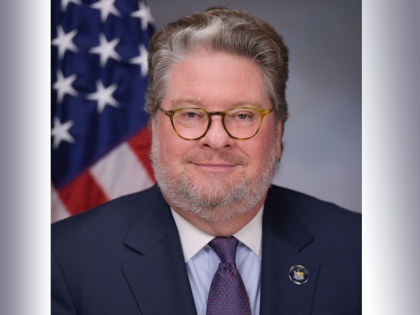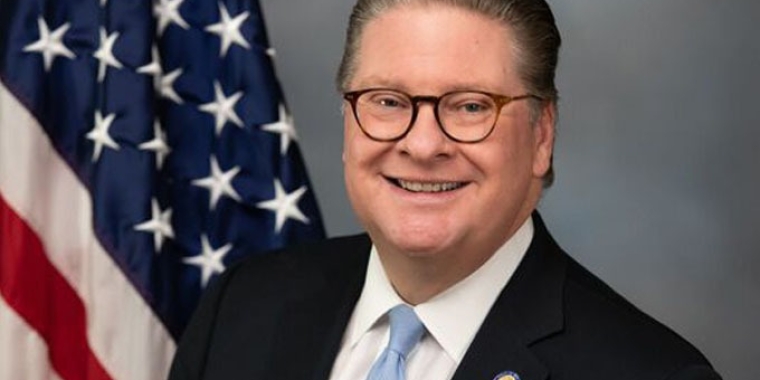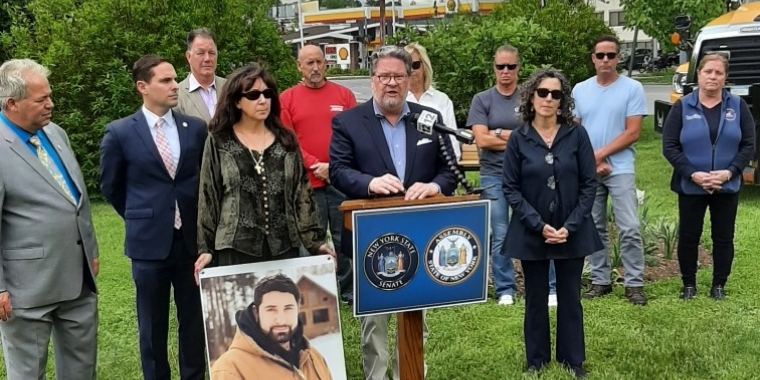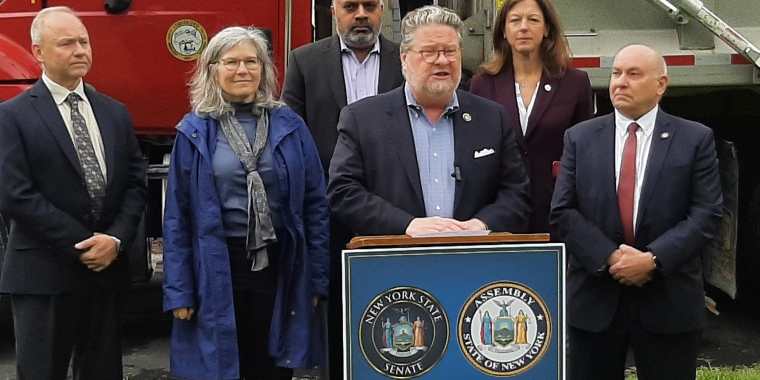
Harckham: HEROES Act Fails to Address Behavioral Health Crisis Within Pandemic
May 15, 2020
-
ISSUE:
- Coronavirus Pandemic; COVID-19
- Coronavirus Pandemic; Mental Health
- Alcoholism and Substance Abuse
- Substance Abuse Treatment
- Coronavirus; COVID-19; Mental Health

South Salem, NY – New York State Senator Pete Harckham issued the below statement today in reaction to the expected passage of the Health and Economic Recovery Omnibus Emergency Solutions (HEROES) Act in the U.S. House of Representatives—a $3 trillion appropriations bill that would send $22 billion in unrestricted funds to New York State and $100 billion to hospitals and health care providers nationwide, but only $3 billion for mental health support:
“I applaud our representatives in Congress for moving swiftly to shore up state and local governments, health care infrastructure, education and social service programs with this new relief package.
“However, the HEROES Act fails to help the millions of Americans struggling right now with Substance Use Disorder and mental health issues who are already falling between the cracks because of severe underfunding of treatment and care providers.
“We already have a national crisis of suicide, overdose and substance use disorder that is only getting worse throughout this crisis. Many behavioral health providers are on the cusp of closing. The behavioral health providers have been pleading for $38.5 billion to address this crisis. $3 billion is woefully insufficient.”
“The dire circumstances created by the Covid-19 pandemic—closed facilities, reduced access to supervised care and medication, social isolation—have resulted in ‘deaths of despair’ increasing across the country. The only way to stop this tragic and sorrowful slide in our communities is to fully commit to funding a viable treatment and care infrastructure that works.
“Dribbles of support will not help our friends and neighbors, and many will suffer and perish because of this relative neglect.”
Last month, Harckham joined statewide advocates today in calling for more resources aimed toward the growing behavioral health crises that are harming Americans during the coronavirus pandemic. The National Council for Behavioral Health and 40 other national groups addressing mental health and Substance Use Disorder earlier requested the $38.5 billion in funding from Congress. Without immediate support, it is feared that numerous community behavioral health organizations will be unable to serve some of the country’s most vulnerable individuals.
Many mental health and addiction treatment centers around the country are facing long periods of lost revenue, and incurring significant increased costs from shifting to telehealth to including equipment for clients and staff, and working to keep programs open and safe during the crisis. Further, due to the economic crash, many patients have lost the ability to pay for their share of the costs of treatment.
Dr. Elinore McCance-Katz, assistant secretary of U. S. Department of Health and Human Services and head of the Substance Abuse and Mental Health Administration, called for more mental health funding last week as well. A recent study by the Well Being Trust and the Robert Graham Center for Policy Studies in Family Medicine and Primary Care reports that more than 150,000 people will die from substance use and suicide because of the Covid-19 pandemic.
Share this Article or Press Release
Newsroom
Go to Newsroom


